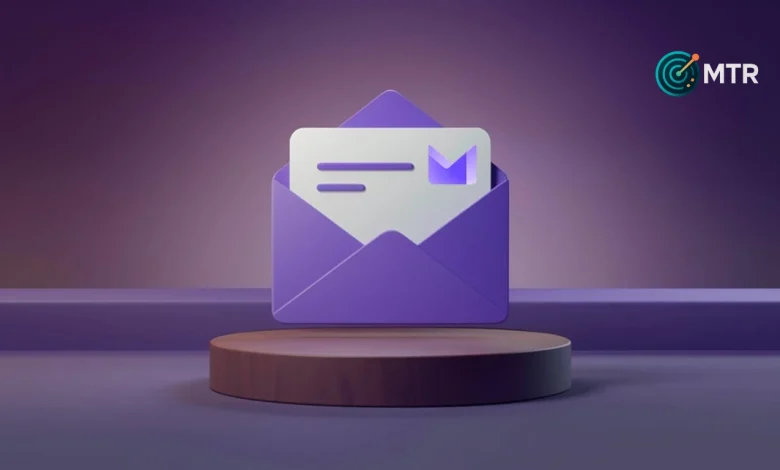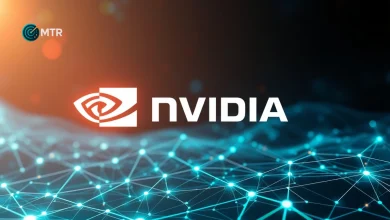Proton Mail Review 2025: Privacy-First Email Service

Proton Mail, developed by Proton Technologies based in Switzerland, stands out in 2025 as a leading email provider emphasizing privacy and security. Founded by scientists at CERN, Proton Mail is part of a comprehensive ecosystem that includes VPN, password management, and file storage services, all designed to protect user data from unauthorized access and surveillance.
Proton Mail offers a secure email service with robust privacy features, including end-to-end encryption and zero-access storage. It is part of a larger ecosystem of privacy-focused tools developed by Proton Technologies. The service is particularly appealing to users who prioritize data privacy and security.
Top Points
- Company: Proton Technologies, Switzerland
- Founded: 2014 by CERN scientists
- Key Features: End-to-end encryption, zero-access storage, email aliases, and integration with Proton’s ecosystem
- Pricing: Free plan; $5/month for Mail Plus; $13/month for Unlimited
- Security: Open-source code, two-factor authentication, and self-destructing messages
Production, Capacity & Storage
Proton Mail is part of Proton Technologies’ suite of privacy-centric services, which includes Proton VPN, Proton Pass, and more. The email service offers both free and paid plans, with the latter providing unlimited folders and tags for better organization . Proton Mail’s infrastructure is built to ensure that user data remains secure, employing zero-access encryption to keep emails unreadable even if servers are compromised.
Proton: What Changes, What Doesn’t
Proton Mail continues to focus on privacy and user control. Recent updates have introduced more intuitive organizational tools, allowing users to create folders and tags to manage their emails efficiently. While the free plan limits users to three folders and tags, paid plans offer unlimited options . Despite these enhancements, Proton Mail maintains its core security features, like end-to-end encryption, which is automatic only for emails exchanged between Proton Mail users.
Regulatory Path & Safety
Operating under Swiss privacy laws, Proton Mail benefits from some of the strictest data protection regulations globally. However, it may still be required to share certain metadata with authorities if legally compelled . The company employs zero-access encryption, ensuring that even if servers are compromised, the data remains unreadable . Users must remain vigilant against device-level threats like phishing and malware, which are beyond Proton’s control.
Flagship Features & Differentiators
Proton Mail offers several flagship features that set it apart from competitors. These include self-destructing messages, hide-my-email aliases, and integration with the Tor Network for added anonymity . Proton Mail also automatically identifies newsletters and categorizes them separately, aiding users in managing subscriptions effectively . Its open-source code, independently audited for security, further distinguishes it from many competitors who keep their code proprietary.
Use-Cases and Sector Impact
Proton Mail is particularly appealing to users who prioritize privacy and wish to avoid the data collection practices of larger providers like Google. It is suitable for businesses and individuals handling sensitive information, making it a preferred choice in sectors such as legal, healthcare, and finance . However, the additional steps required for securing emails to non-Proton users may limit its appeal for those seeking convenience over security.
What the Draft Law Actually Does
While Proton Mail benefits from Switzerland’s stringent privacy laws, it must also navigate international regulations. Draft laws in various jurisdictions could impact how Proton Mail operates, particularly concerning data sharing and encryption standards. Proton Mail remains committed to its privacy-first approach, but users should stay informed about potential legal changes that could affect their data security.
Clinical Evidence & Trial Status
Although Proton Mail does not directly involve clinical trials, its security features are continuously tested and audited to ensure compliance with privacy standards. The company regularly updates its security protocols to address emerging threats and maintain user trust.
Mini-Timeline
- 2014: Proton Mail was founded by CERN scientists in Switzerland, focusing on privacy-first email services.
- 2025: Proton Mail is reviewed by multiple sources, highlighting its security features and usability.
- October 16, 2025: WIRED publishes a review, praising Proton Mail’s user-centric approach and security features.
- October 17, 2025: StartupNews.fyi echoes the sentiment, emphasizing Proton Mail’s ability to manage and unsubscribe from mailing lists effectively.
FAQ
Q: Is Proton Mail free?
A: Proton Mail offers a free plan with limited features. Paid plans start at $5 per month for Mail Plus and $13 per month for Unlimited.
Q: Can I use Proton Mail with other email clients?
A: Yes, Proton Bridge allows you to use Proton Mail with clients like Outlook and Apple Mail.
Q: How secure is Proton Mail compared to Gmail?
A: Proton Mail offers end-to-end encryption and zero-access storage, providing more privacy than Gmail, which scans emails for advertising purposes.
Q: What happens if I send an email to a non-Proton user?
A: Emails to non-Proton users are not automatically encrypted end-to-end, requiring additional steps to secure them.
Sources
- wired.com
- startupnews.fyi
- youtube.com
- onerep.com
- reddit.com




